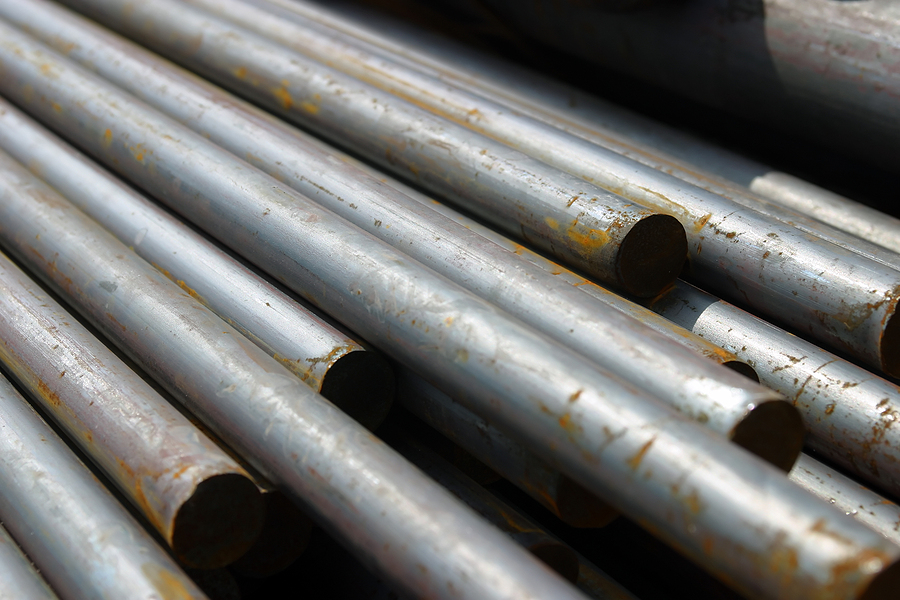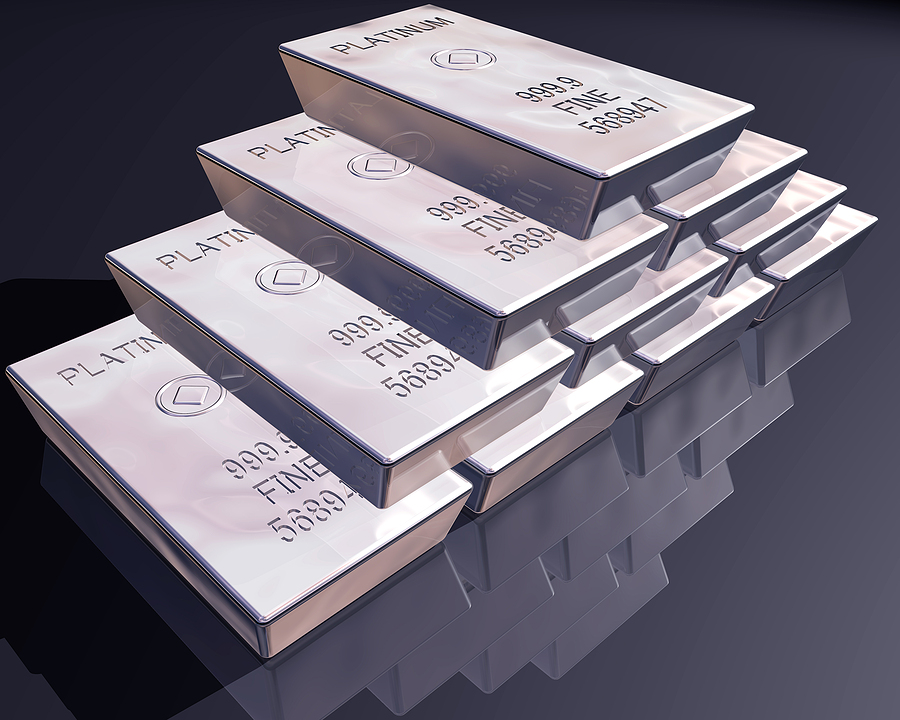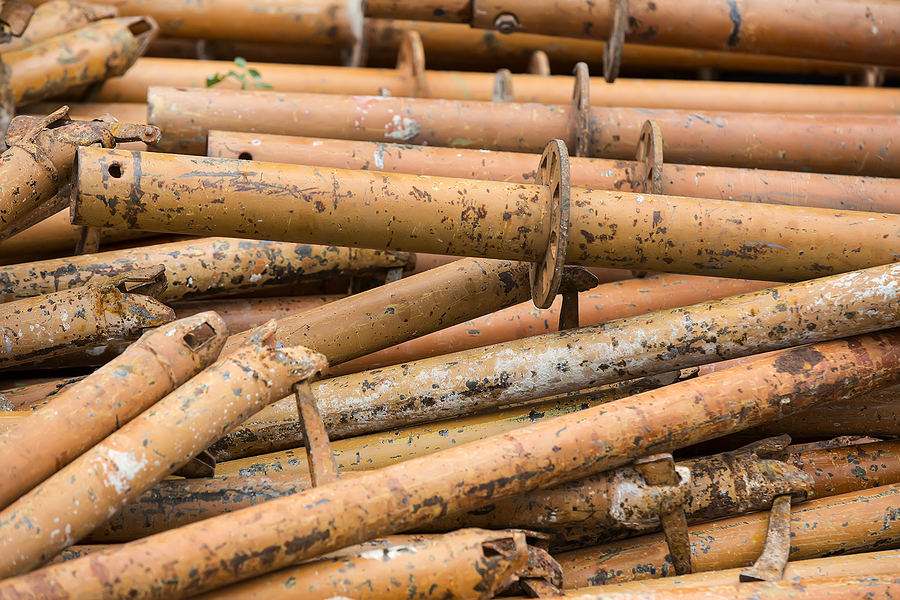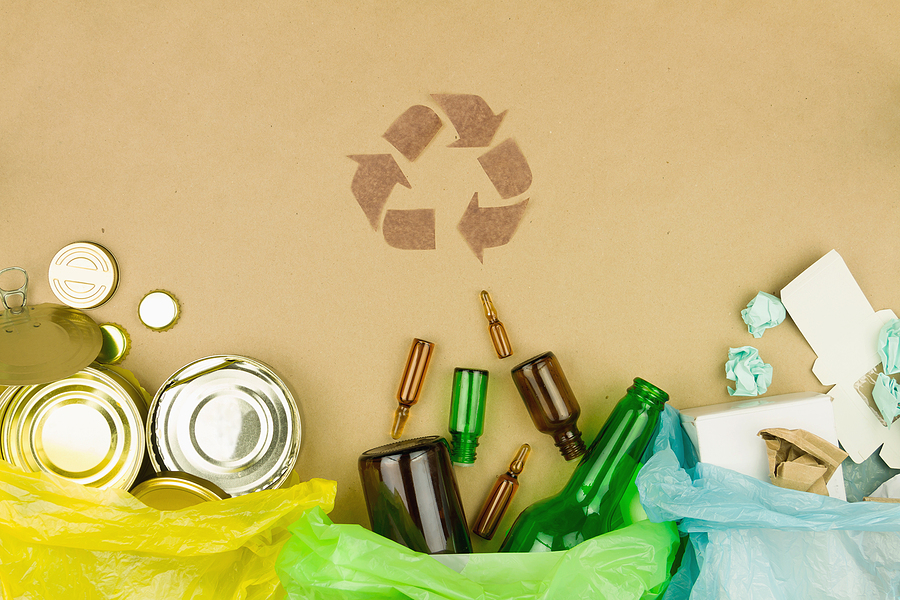Selling a junk car can feel overwhelming, especially when you’re dealing with a vehicle that’s seen better days. Whether your car has been sitting in your driveway for months or was recently damaged beyond repair, finding the right buyer is crucial for getting fair compensation and avoiding potential headaches down the road.
The junk car market in Indiana is filled with legitimate businesses eager to help you turn that old vehicle into cash. However, it’s also populated with less scrupulous operators who may try to take advantage of sellers unfamiliar with the process. Understanding how to identify reputable junk car buyers will ensure you receive the actual cash value (ACV) your vehicle deserves while protecting yourself from common scams.
This guide will walk you through the essential steps for selecting a trustworthy cash for cars company, from initial research to final paperwork completion. By following these guidelines, you’ll be equipped to make an informed decision that benefits both your wallet and your peace of mind.

Tips for Finding a Trusted Indiana Junk Car Buyer
Researching Potential Junk Car Buyers
Your search for reliable junk car buyers should begin with thorough online research. Start by checking customer reviews on platforms like Google, Yelp, and Facebook to gauge other sellers’ experiences. Pay particular attention to recent reviews, as they provide the most current picture of a company’s service quality.
The Better Business Bureau (BBB) serves as another valuable resource for evaluating potential buyers. Companies with BBB accreditation and high ratings demonstrate a commitment to ethical business practices. Look for patterns in complaints—occasional negative reviews are normal, but consistent issues with payment delays or lowball offers should raise red flags.
Local business listings and directories can help you identify established auto salvage yards and cash for cars companies in your area. These businesses often have physical locations you can visit, which provides an additional layer of credibility compared to purely online operations.
Don’t overlook word-of-mouth recommendations from friends, family, or local automotive professionals. Indiana residents who’ve successfully sold junk cars can offer valuable insights about which companies provide fair quotes and reliable service.
Verifying Licensing and Insurance
Legitimate junk car buyers operating in Indiana must possess proper licensing and insurance coverage. Before agreeing to any transaction, request proof of the buyer’s business license and verify its validity with the appropriate state and local authorities.
Insurance coverage protects both you and the buyer during the vehicle pickup and towing process. A reputable company, like Zore’s Inc. in Indianapolis, will carry comprehensive liability insurance and won’t hesitate to provide proof when asked. This coverage becomes especially important if accidents occur during free junk car towing or if the buyer’s employees are injured while loading your vehicle.
Unlicensed buyers represent one of the most significant risks in the junk car market. These operators may offer attractive initial quotes but often engage in fraudulent practices or simply disappear without completing the transaction. Always verify credentials before providing vehicle information or scheduling pickup appointments.
Professional junk car buyers will also be registered with relevant industry associations and maintain proper environmental permits for handling automotive fluids and materials. This compliance ensures they follow Indiana’s environmental regulations, protecting you from potential liability issues.
Getting an Accurate Quote
Obtaining fair compensation for your junk car starts with providing accurate, detailed information about your vehicle’s condition. When contacting potential buyers, be prepared to share the car’s year, make, model, mileage, and overall condition, including any damage or missing parts.
Honest disclosure about your vehicle’s problems actually works in your favor. Reputable scrappers appreciate transparency and are more likely to provide accurate quotes when they have complete information. Attempting to hide significant damage often results in reduced offers during the actual vehicle inspection.
Request quotes from multiple junk car buyers to establish a realistic price range for your vehicle. However, be cautious of offers that seem significantly higher than others—this could indicate a lowball scam where the buyer reduces the price upon arrival. Legitimate companies provide consistent quotes based on current market values for scrap metal and salvageable parts.
Understanding your junk car’s value helps you recognize fair offers. Factors influencing price include the vehicle’s weight, current scrap metal prices, demand for specific parts, and the car’s overall condition. While you might not receive the actual cash value you’d expect from a running vehicle, a fair offer should reflect these market conditions.
Understanding Payment Methods and Security
Payment security is paramount when selling your junk car for cash. Reputable buyers offer multiple payment options, including cash payments upon pickup, certified checks, or electronic transfers. Each method has its advantages, but all legitimate transactions should be completed promptly without unnecessary delays.
Cash payments provide immediate satisfaction but come with inherent risks if large amounts are involved. Many professional buyers prefer certified checks or bank transfers for higher-value transactions, as these methods provide documentation while maintaining security for both parties.
Be wary of buyers who request upfront fees or suggest unusual payment arrangements. Legitimate junk car buyers never charge sellers for their services—they profit from reselling parts and scrap metal, not from processing fees or administrative charges.
Payment timing should be clearly established before the pickup appointment. Most reputable companies complete payment immediately upon vehicle inspection and paperwork completion. Delays in payment or requests to return later with funds are warning signs of potential problems.
Request Free Scrap Car Removal Service Today! ✅
Handling Paperwork and Title Transfer
Proper documentation is essential for protecting yourself legally and ensuring a smooth transaction. In Indiana, you’ll need to complete the title transfer section and provide the clear title to the buyer. If your title is lost or damaged, apply for a duplicate through the Indiana Bureau of Motor Vehicles (BMV) before proceeding with the sale.
Creating a bill of sale, while not legally required in Indiana, provides valuable protection for both parties. This document should include buyer and seller information, vehicle details, sale date, and agreed-upon price. Keep copies of all paperwork for your records.
The release of liability form (State Form 47518) must be submitted to the BMV within five days of your sale. This crucial step removes your legal responsibility for the vehicle and prevents future complications if the buyer fails to properly register their purchase.
Remove your license plates before the buyer takes possession of your vehicle. These plates can be transferred to another vehicle you own or returned to the BMV. Leaving plates on a sold vehicle can result in liability for violations committed by subsequent drivers.
Don’t forget to notify your insurance company about the sale to avoid paying premiums on a vehicle you no longer own. Most insurers allow you to cancel coverage or transfer it to a replacement vehicle with a simple phone call.
Red Flags and Common Scams to Avoid
Several warning signs can help you identify potentially problematic junk car buyers. Companies that provide initial high quotes but significantly reduce offers during pickup are engaging in lowball tactics designed to pressure sellers into accepting unfavorable terms.
Unlicensed operators pose serious risks, as they may not follow proper procedures for title transfers, environmental compliance, or payment processing. These individuals often provide attractive initial offers but may disappear without completing transactions or leave sellers liable for legal issues.
Payment problems represent another common scam category. Buyers who issue checks that later bounce, request delays in payment, or suggest complex payment arrangements are likely attempting to defraud sellers. Legitimate businesses have established payment processes that don’t require unusual accommodations.
Hidden fees are particularly problematic, as they reduce your final payout without warning. Reputable buyers provide comprehensive quotes that include all costs, including free junk car towing services. Surprise charges for processing, documentation, or transportation suggest unethical business practices.
Vague or unclear contracts can leave sellers vulnerable to exploitation. Professional buyers provide straightforward agreements with clearly defined terms, payment amounts, and responsibilities for both parties.
Making Your Decision with Confidence
Armed with proper research and documentation requirements, you’re ready to select a junk car buyer who will provide fair compensation and professional service. Remember that the highest quote isn’t necessarily the best choice—consider factors like company reputation, payment security, and service quality when making your decision.
Take time to verify all credentials and ask questions about anything you don’t understand. Reputable buyers welcome inquiries and provide clear explanations of their processes, pricing, and policies.
Trust your instincts throughout the process. If something feels wrong or a buyer pressures you to make immediate decisions, it’s perfectly acceptable to seek alternatives. The right buyer will respect your need to make an informed choice and won’t rush you through important decisions.
By following these guidelines, Indiana residents can confidently navigate the junk car selling process while avoiding common pitfalls and maximizing their returns.
In Summary
Selling your junk car doesn’t have to be stressful or complicated when you work with the right buyer. By researching potential companies, verifying their credentials, and understanding the proper procedures, you can turn that old vehicle into cash while protecting yourself from scams and legal issues.
Remember that legitimate junk car buyers want to build long-term relationships with satisfied customers. They’ll provide fair quotes, handle all necessary paperwork properly, and complete transactions professionally without hidden surprises or delays.
Ready to turn your junk car into cash? Get a free quote now from verified, licensed buyers in your area and discover what your vehicle is really worth.
Related Post: Scrapping Your Junk Car in Indiana: What You Need to Know About Car Titles









